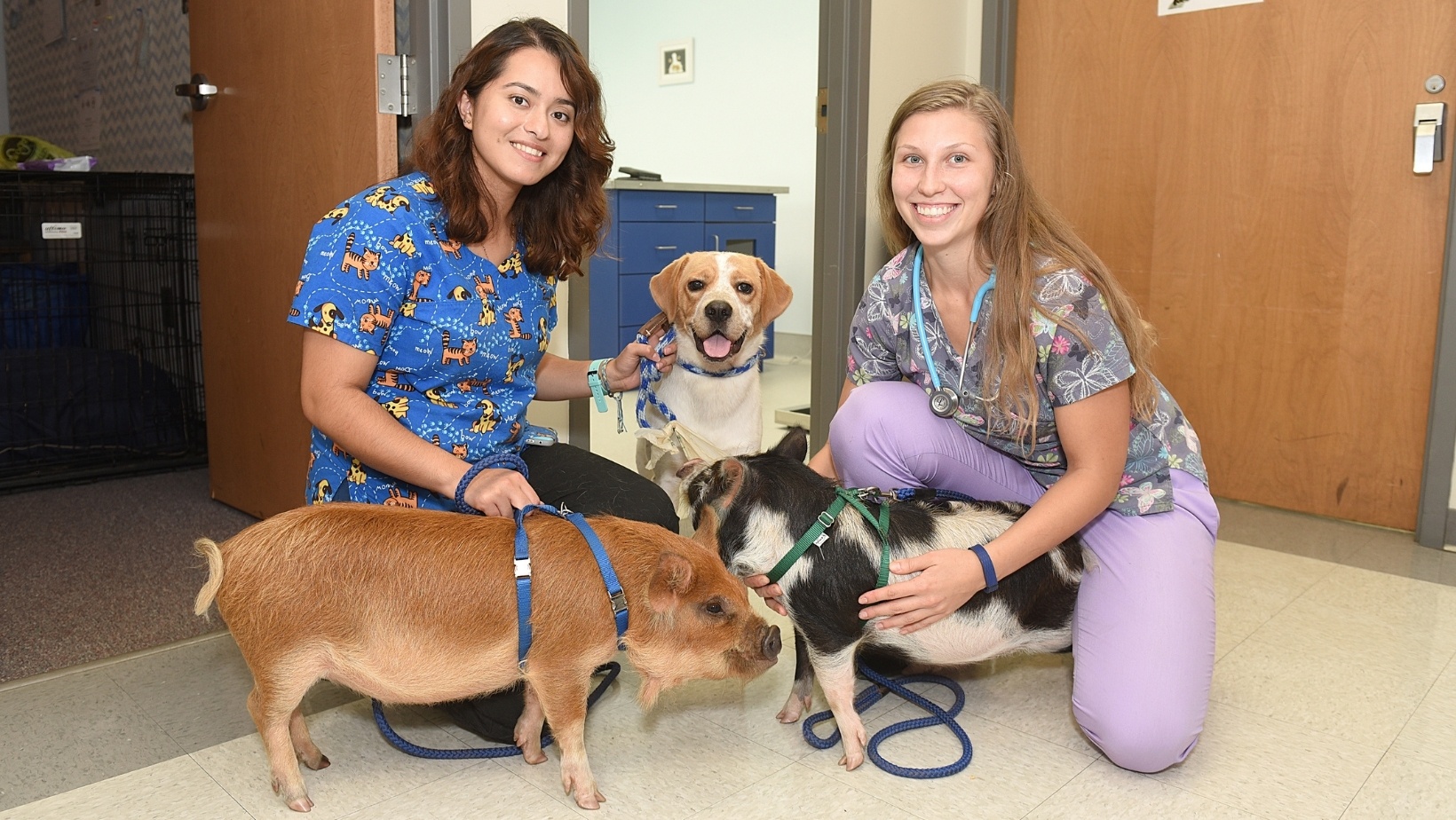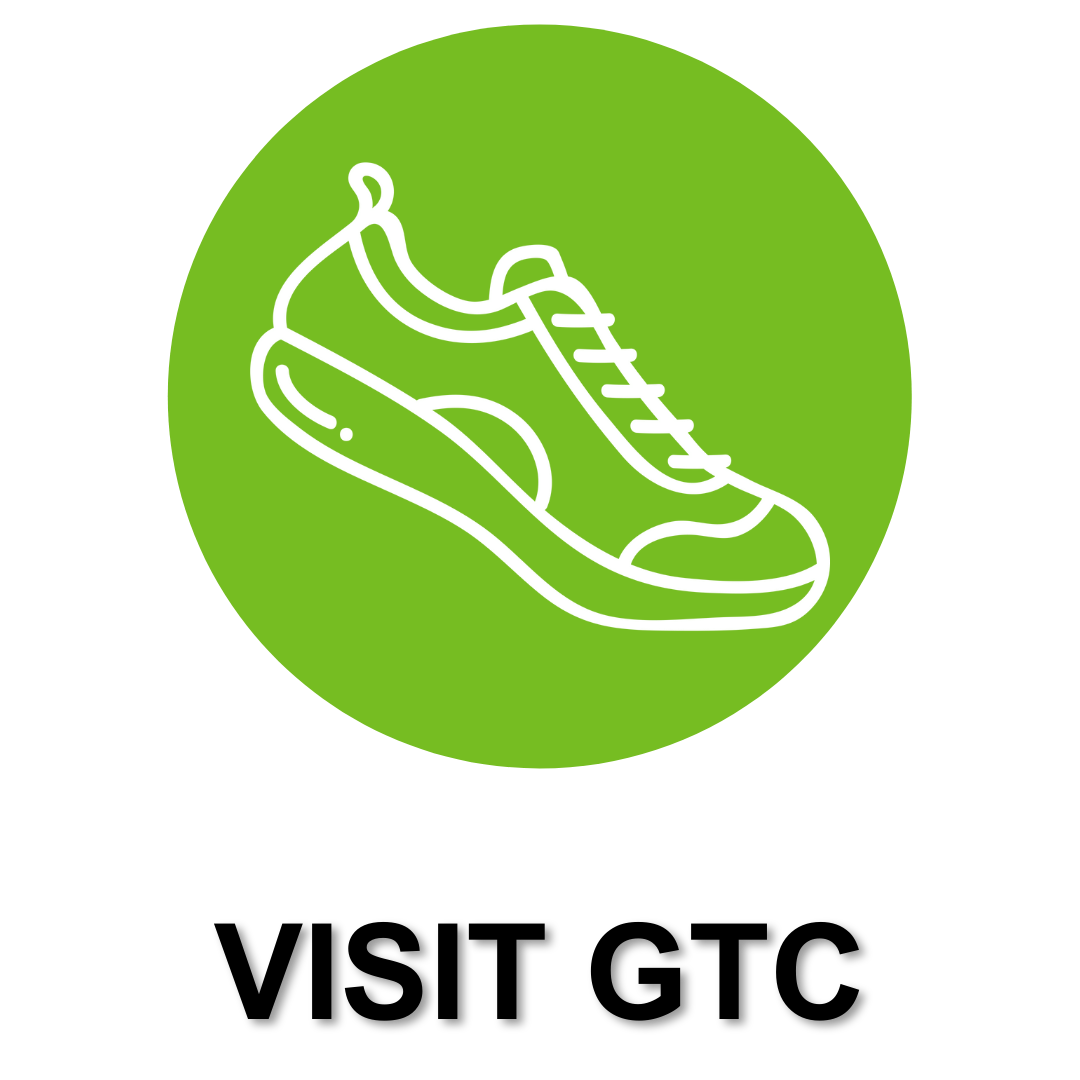
Veterinary Technology
Gwinnett Tech’s Veterinary Technology program provides a one-on-one personal approach to caring for animals as a veterinary technician. Our veterinary technology program prepares students for employment in a variety of areas including veterinary offices, emergency and critical care, zoological medicine, laboratory animal medicine, and pharmaceutical companies. Learn to work closely with veterinarians and the veterinary teams around clinical and laboratory procedures, including postoperative care, dental care, and specialized nursing care.
Gwinnett Tech’s Veterinary Technology program is accredited by the American Veterinary Medical Association Committee on Veterinary Technician Education and Activities (AVMA-CVTEA).
Interested in learning more about veterinary technology? Attend one of our monthly information sessions.
More Info…
Take the first step towards a career in Veterinary Technology and apply for next semester! Important dates and deadlines are listed to get you started and if you’re looking for ways to pay for your education, explore our scholarships for this program. You can also learn about our faculty and clubs and organizations to join!
Gwinnett Tech builds relationships with local subject-matter experts to develop advisory boards, who provide feedback that ensures we deliver relevant industry-specific curricula for today’s high-demand careers. See who serves on our Veterinary Technology advisory board.
All students in the Veterinary Technology program are required to be vaccinated against Rabies. Proof of vaccination must be shown by the beginning of VETT 1030: Veterinary Clinical Procedures I (2nd semester after admission into the Veterinary Technology program). The Rabies vaccination protocol is 2 doses spread out over a 7 day period. The vaccine can be acquired at your primary care physician, county health department, most travel clinics, or other vaccine providers.
Veterinary Technician National Exam
Pass Rate for July 1, 2019 – June 30, 2022
| The number of first-time candidates that have taken the VTNE: | 32 |
| 3-year VTNE pass percentage: | 78% |
What does a Veterinary Technician do?
Veterinary Technicians work closely with veterinarians and veterinary teams around clinical and laboratory procedures including post-operative care, dental care and specialized nursing care. Vet Tech’s perform a myriad of duties such as:
- Physical exams
- Taking detailed history notes
- Recording vital signs
- Collecting blood and urine samples
- Taking radiographs and other diagnostic testing
- Monitoring and administrating medications
- Assist in surgery
- Evaluate animals for triage
- Communicate with owners about the care of their animals
What are my program options?
Where do Veterinary Techs work?
A veterinary assistant is qualified to perform tasks such as restraint, running lab work, and assisting the Vet Tech in procedures and exam rooms.
A veterinary technician is qualified to give injections, perform diagnostic tests, assist in surgery, calculate drug dosages, draw blood, intubate patients for surgery, perform CPR, and many other things. A technician will have their credentials (RVT, LVT or CTV) behind their name.
How much will it cost?
Gwinnett Tech offers affordability at $107 per credit hour + fees. Great opportunities for scholarships and financial aid with HOPE Grant, HOPE scholarship, HOPE Career Grants and more!












